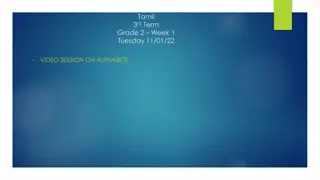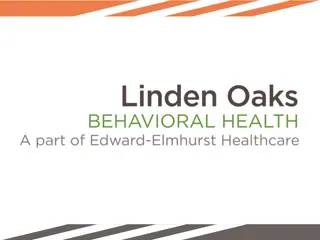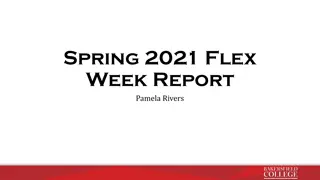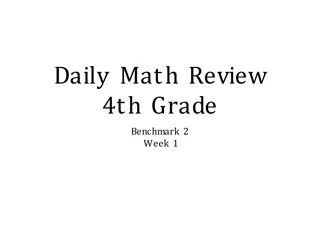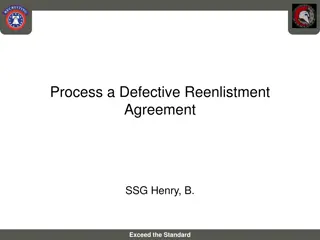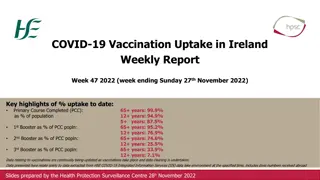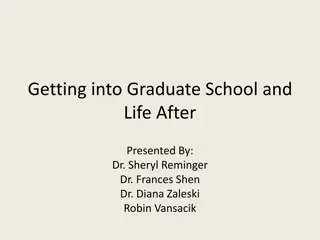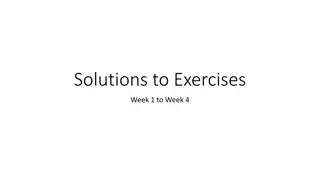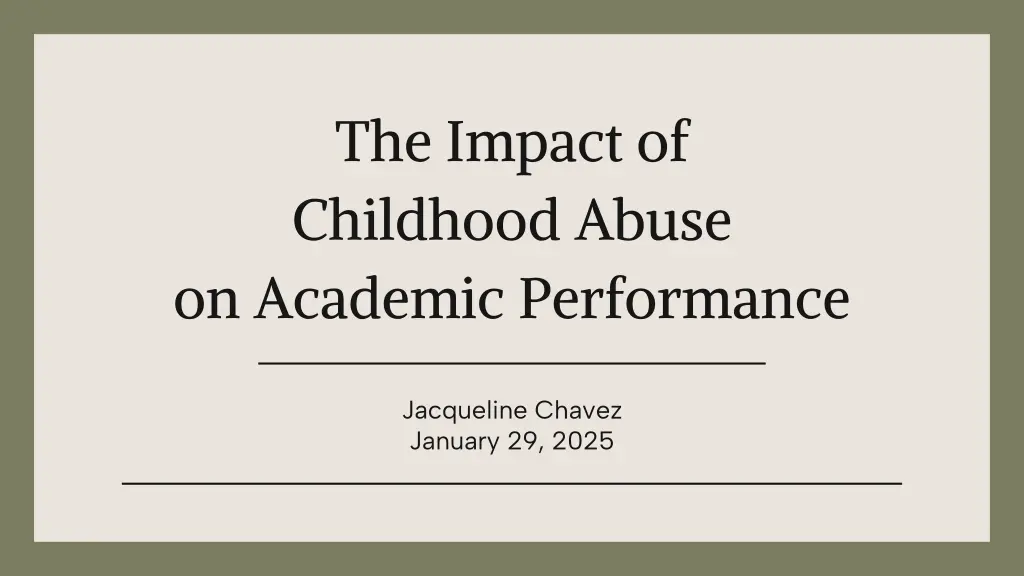
Understanding the Impact of Childhood Abuse on Academic Performance
Explore how childhood abuse affects academic performance in school-aged children, examining cognitive disruption, behavioral impacts, and proposed research methods. Ethical considerations and the potential for evidence-based interventions are highlighted.
Download Presentation

Please find below an Image/Link to download the presentation.
The content on the website is provided AS IS for your information and personal use only. It may not be sold, licensed, or shared on other websites without obtaining consent from the author. If you encounter any issues during the download, it is possible that the publisher has removed the file from their server.
You are allowed to download the files provided on this website for personal or commercial use, subject to the condition that they are used lawfully. All files are the property of their respective owners.
The content on the website is provided AS IS for your information and personal use only. It may not be sold, licensed, or shared on other websites without obtaining consent from the author.
E N D
Presentation Transcript
The Impact of Childhood Abuse on Academic Performance Jacqueline Chavez January 29, 2025
Introduction Research Question: How does childhood abuse (physical, emotional, or sexual) impact academic performance in school-aged children? Importance of Topic: Childhood abuse is a significant public health issue with long-term effects on cognitive and emotional development. Academic success is critical for long-term well-being, making this an essential area of research. Schools and mental health professionals need evidence-based interventions to support affected students.
Literature Review Abuse disrupts cognitive functions such as memory, concentration, and problem- solving (Margolin & Vickerman, 2010; Tracy et al., 2019). High cortisol levels from chronic stress impair brain areas related to learning (Murphy et al., 2022). Abuse victims are more likely to be absent from school due to illness, trauma, or motivation issues (Kataoka et al., 2012). Behavioral issues like hyperactivity, withdrawal, or defiance negatively affect academic performance (Al Odhayani et al., 2013).
Research Methods Proposed Research Approach: Study Design: Mixed-methods study (quantitative + qualitative). Participants: School-aged children (ages 6 17) with a history of abuse (self-reported or identified through child welfare records). Data Collection: Surveys for cognitive performance and school engagement. Standardized academic tests to assess performance Interviews with educators to understand behavioral impacts. Rationale: Captures both measurable academic outcomes and personal experiences. Combining quantitative and qualitative data strengthens the validity of findings.
Ethical Considerations Potential Ethical Issues: Confidentiality: Protecting the identity of abused children. Informed Consent: Obtaining consent from legal guardians and assent from children. Minimizing Harm: Ensuring that participation does not retraumatize subjects. Steps to Address Ethical Concerns: Follow APA and IRB guidelines. Ensure all interviews are conducted by trained mental health professionals. Offer support resources for participants.
Conclusion Childhood abuse has significant cognitive and behavioral effects that impair academic performance. Research indicates that stress-related changes in the brain and behavioral challenges contribute to learning difficulties. Study will used a mixed-methods approach for better insights Understanding these impacts will help develop better interventions for affected children. Research findings could lead to evidence-based strategies for trauma-informed teaching and school-based mental health support.
References Al Odhayani, A., Watson, W. J., & Watson, L. (2013). Behavioural consequences of child abuse. Canadian Family Physician, 59(8), 831 836. Kataoka, S., Langley, A. K., Wong, M., Baweja, S., & Stein, B. D. (2012). Responding to students with posttraumatic stress disorder in schools. Child and Adolescent Psychiatric Clinics of North America, 21(1). https://doi.org/10.1016/j.chc.2011.08.009 Margolin, G., & Vickerman, K. A. (2007). Post-traumatic stress in children and adolescents exposed to family violence. Professional psychology, research and practice, 38(6), 613 619. https://doi.org/10.1037/0735-7028.38.6.613 Murphy, F., Nasa, A., Cullinane, D., Raajakesary, K., Gazzaz, A., Sooknarine, V., Haines, M., Roman, E., Kelly, L., O'Neill, A., Cannon, M., & Roddy, D. W. (2022). Childhood trauma, the HPA Axis and psychiatric illnesses: A targeted literature synthesis. Frontiers in Psychiatry, 13. https://doi.org/10.3389/fpsyt.2022.748372 Tracy, M., Salo, M., Slopen, N., Udo, T., & Appleton, A. A. (2019). Trajectories of childhood adversity and the risk of depression in young adulthood: Results from the Avon Longitudinal Study of Parents and Children. Depression and anxiety, 36(7), 596 606. https://doi.org/10.1002/da.22887


